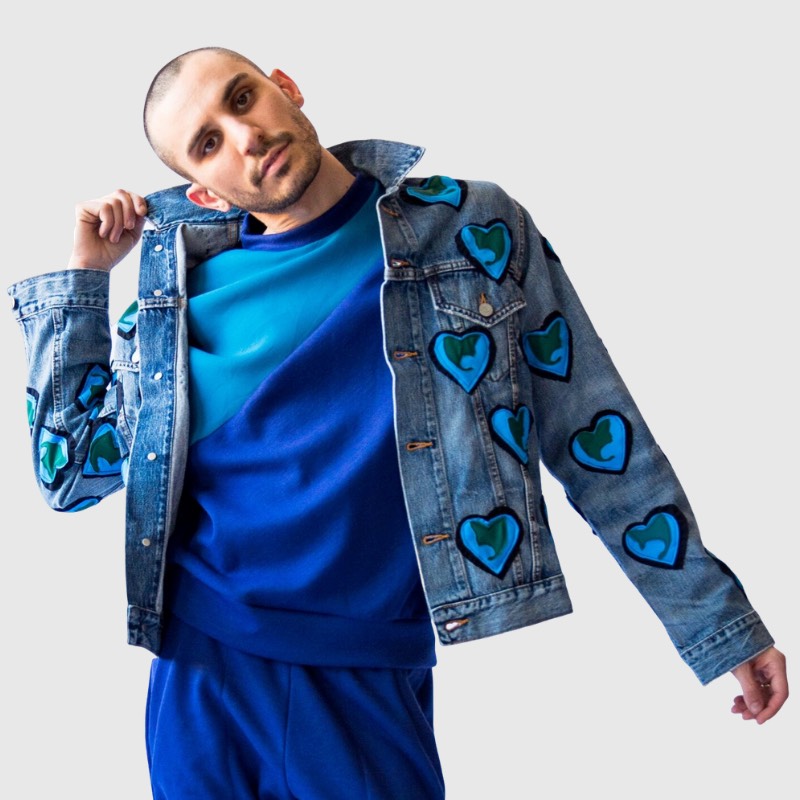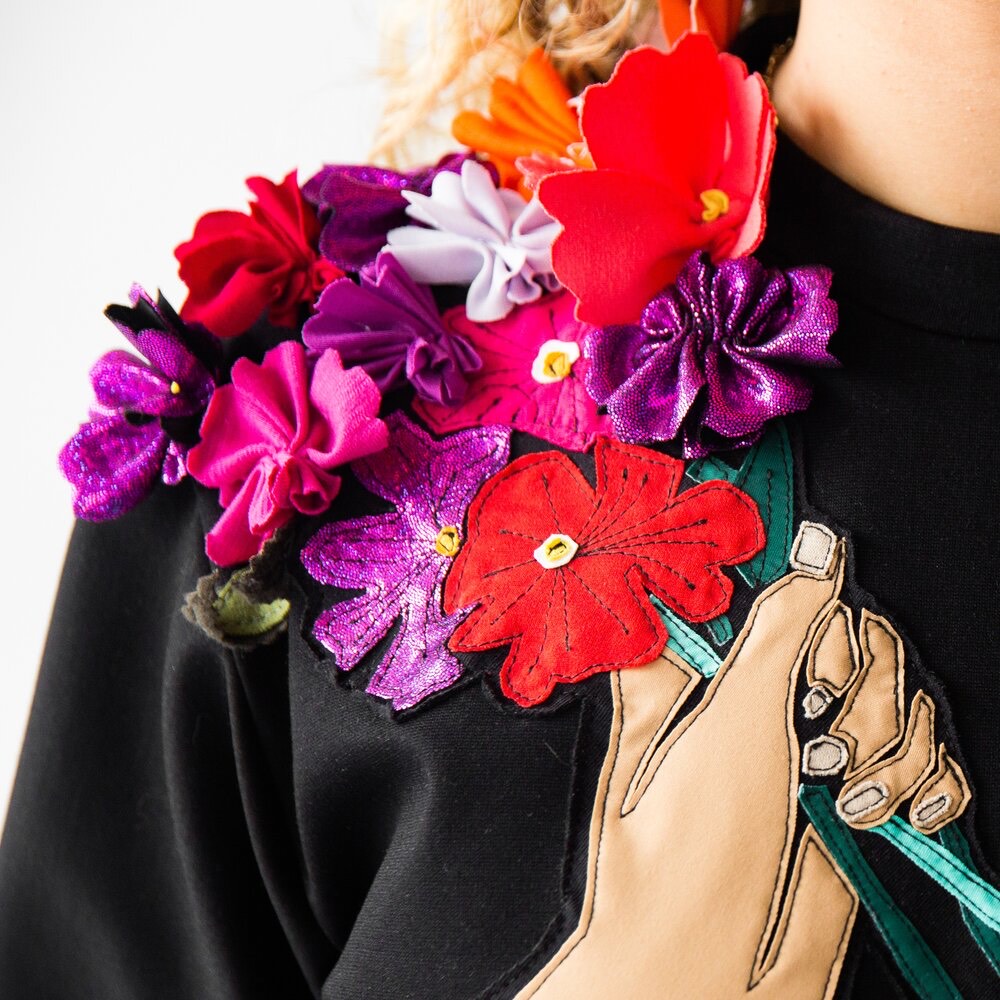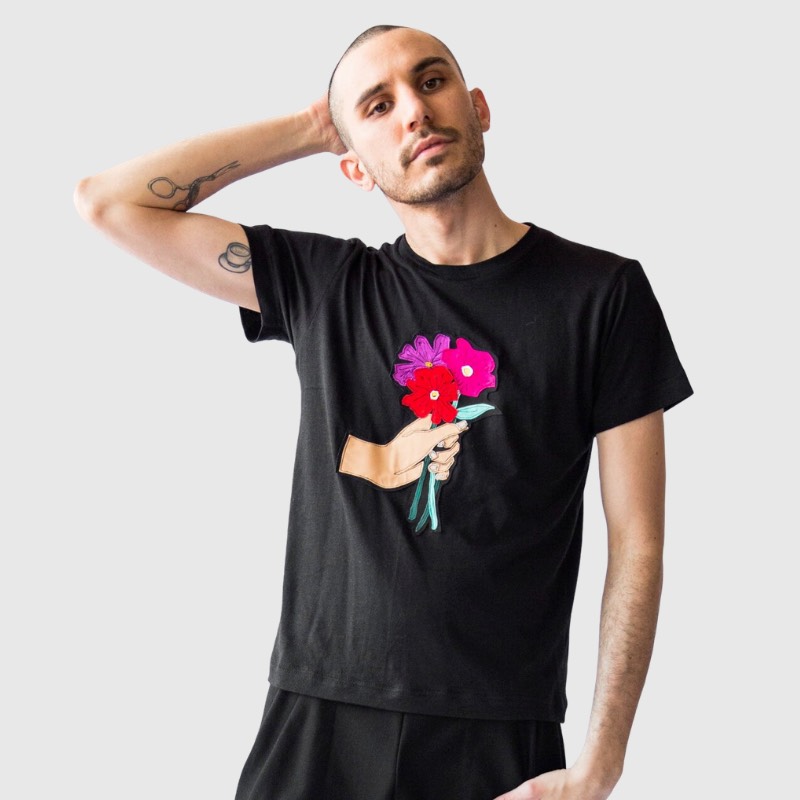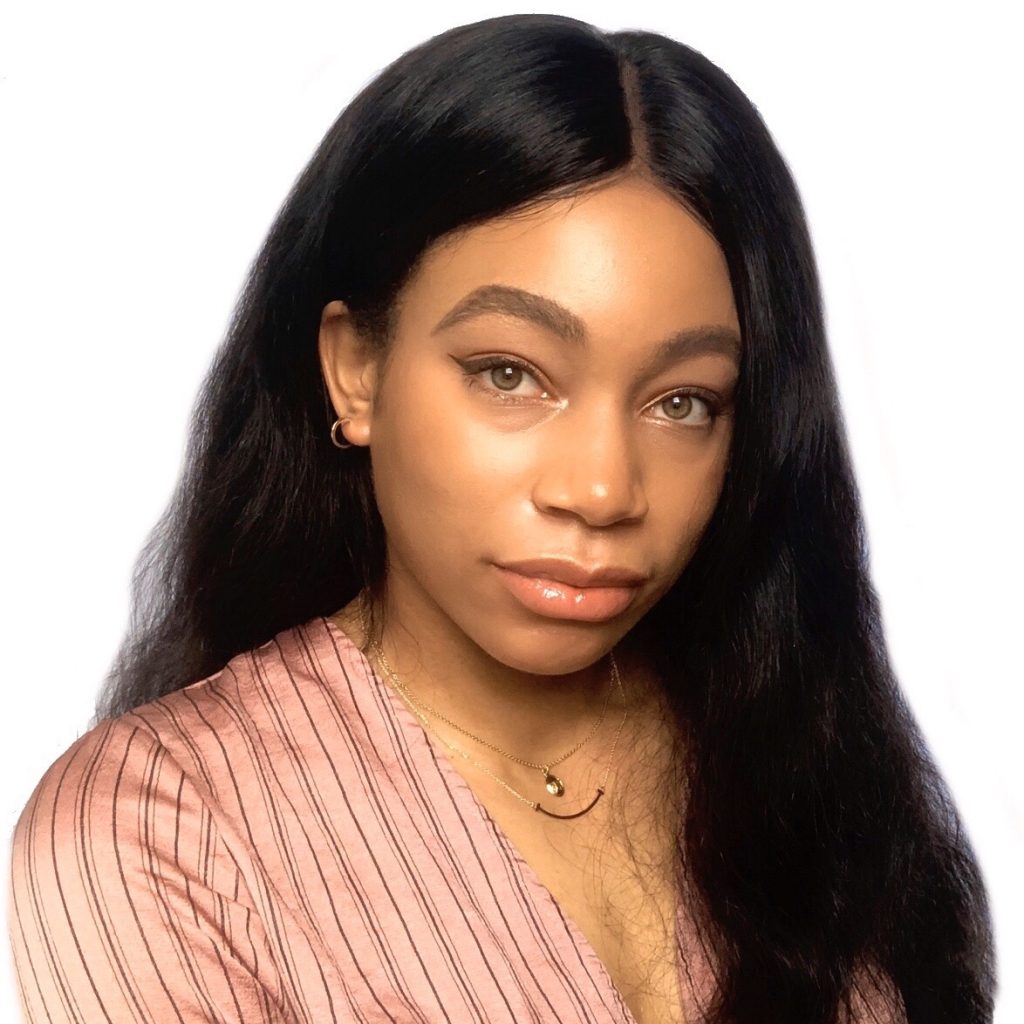
In Conversation With Zero Waste Daniel–
Creating a Lifestyle Beyond a Name
“The term ‘zero waste,’ for me is avoiding sending things to landfills by keeping them inside a circular economy, but also thinking about it as a holistic practice and not a challenge you do with yourself.”
Zero Waste Daniel


Heteronormativity– the positioning of heterosexuality as natural and normal, is at the forefront of environmentalism. When sustainability became popularized in the 1990s after the Cold War, the movement was centered around maintaining images of the American “nuclear family” and neglected the rights of marginalized communities. Recentering sustainability on minority and LGBTQIA+ voices is one of numerous ways to combat these oppressive cultural norms.
Brooklyn based 31-year-old queer designer, Zero Waste Daniel, is disrupting these systems through his influential eco-fashion and his devotion to maintaining a sustainable lifestyle.
When I first wrote up my interview questions for Zero Waste Daniel, I wanted to hear what he had to say about his innovative streetwear fashion brand. But as the times shifted, so did my questions; I wanted to delve into the contemporary art that he weaves into his clothes and I wanted to hear what his clothing brand had to say about him. Then I noticed a common thread throughout our political climate: the hyper-exposure of our identities.
Hypervisibility often includes malice and harmful stereotypes of minorities seeking positive representation. Wanting to see myself reflected in the media does not mean that I want to see the murders of Black people by police or the commodification of Black women’s bodies. We all have varying emotions and traumas attached to the Black Lives Matter movement, the global protests, police brutality and more because of our individuality. As creatives, we infuse those aspects of ourselves into our craft, sometimes even more than we know.


“My allyship to all marginalized people runs really deep,” he said. “I have my own personal experience dealing with hate culture and marginalization, and I can only imagine how that gets transferred on to a community where it’s only based on the color of your skin.”
Zero Waste Daniel is a white gay man born and raised in Reading, Pennsylvania. At a young age he found himself fascinated with style, fashion, and designing. Eventually, he made his way to New York to pursue fashion with the support of his friends and family. From the beginning his parents instilled environmentalism in him and nurtured his creativity.
Daniel said, “I was always really interested in clothes and making things and style. That was my personal interest but it wasn’t any of my family’s interest. It’s funny looking back on my path to environmentalism; wanting to impress people who aren’t really impressed by fashion meant that I had to be doing things to sort of higher standards than the status quo.”

Those higher standards and years of craftsmanship allowed him to create the backbone to his genderless zero-waste designs: Rerolling. He often compares it to the act of baking cookies and re-balling up leftover dough to make as many batches as possible. To me, it’s like squeezing all the juice out of a lemon and zesting the rine.
Essentially, Daniel and his team execute a form of upcycling where they take left-over fabrics from other designers or warehouses and use it to make his unique garments. Then they take the left-overs from those designs, add them to other garments, and so on. Some eco-designers use fabric made of recycled materials while Zero Waste Daniel simply recycles the fabric.
In 2016, the average North American consumer bought 35 pounds of clothing.
Based on those numbers, by this year 2020, 35.4 billion pounds of clothing will be left in U.S. landfills. To Daniel, “zero waste,” means finding new homes for those discarded clothes and fabrics, but it is also a lifestyle.

“The term ‘zero waste,’ for me is avoiding sending things to landfills by keeping them inside a circular economy, but also thinking about it as a holistic practice and not a challenge you do with yourself,” he said. “It’s doing things that don’t waste time, energy, humans, or other resources. I get one career. I don’t want to waste it.”
Daniel’s, “one career,” sounded full of surprises, strife, and achievement.
For five years he designed Zero Waste cocktail dresses that were worn by celebrities. And walking on runways, but he was making little to no profit. Money was never his main motivator. But people only wanting to borrow his clothes and pay in publicity did not sit well with him.
Once he decided to break away from the more conventional fashion route and quite frankly, take everyone’s trash and remake it, he revamped his career. Along the way he even met his husband and business partner, Mario DeMarco.
His tongue-in-cheek personality seeps through his streetwear like his This Season, Next Season, and Two Seasons Ago, simple and sustainable black crewnecks. These pieces are made to order and were constructed from fabrics sourced from the textile recycling warehouse, fabscrap.org.
With COVID-19 still circulating throughout New York, Daniel will keep his Brooklyn store closed to the public, but open for street viewing. Garments found and sold online will be featured on mannequins in their windows. And you will see him and his team sewing away behind the glass.
“I think what I’m making says a lot about what my goals are,” he said. “You’re getting handmade ethical and reused items. It doesn’t matter who you are, you can find something for you in my store. Fashion is usually meant to exclude and separate us. It’s used as a status symbol. I want my clothes to help open people’s eyes, think for themselves, and see the world differently. So when you see someone on the street wearing Zero Waste Daniel, you know they think like you.”
ALEXANDRA POLK
Alexandra Polk is a Brooklyn based creative who specializes in black culture, personal essays, poetry, and graphic design. She recently graduated from the University of Washington and received a bachelor’s degree in her two passions: Creative Writing and Journalism. Alexandra is always looking for new ways to captivate audiences with her unique perspective, and she takes pride in contributing to the future of writing and visual arts.
